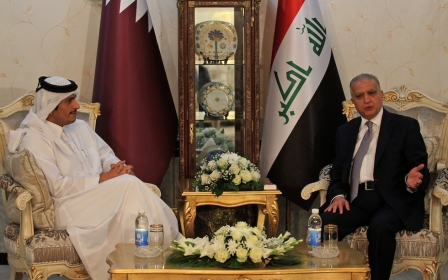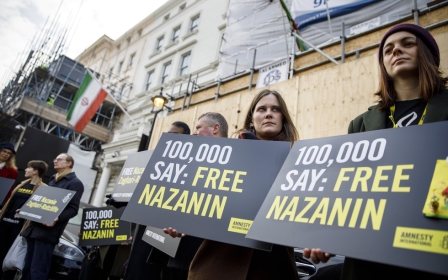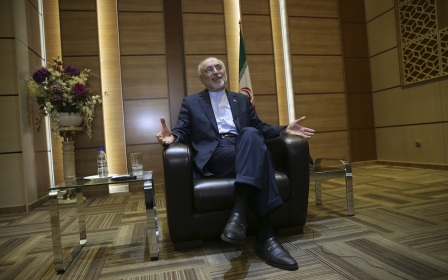Iran's Zarif hits back after US warns Tehran against space launches
Iran's foreign minister rejected a warning from the United States against carrying out space vehicle launches, saying Tehran is not violating a United Nations resolution.
Mohammad Javad Zarif said on Thursday that the launch of space vehicles and missile tests do not violate Resolution 2231, which endorsed a 2015 nuclear deal between Tehran and several world powers and prohibited Tehran from any activities involving ballistic missiles.
"The US is in material breach of same, & as such it is in no position to lecture anyone on it," Zarif wrote on Twitter.
The minister's comments come shortly after US Secretary of State Mike Pompeo warned Tehran against carrying out three planned space rocket launches.
In a statement, Pompeo said those launches include technology that is “virtually identical” to what is used in ballistic missiles.
“The United States will not stand by and watch the Iranian regime’s destructive policies place international stability and security at risk,” he said in the statement.
“We advise the regime to reconsider these provocative launches and cease all activities related to ballistic missiles in order to avoid deeper economic and diplomatic isolation.”
Tehran and Washington have been engaged in a heated war of words over the Iranian nuclear programme, with tensions increasing after US President Donald Trump's decision to withdraw from the international nuclear agreement between Iran and major Western countries.
Under that deal, signed in July 2015, Iran agreed to curb its nuclear programme in exchange for the lifting of international sanctions.
The US pulled out of the agreement in May and has since reimposed a string of economic sanctions against the Iranian government and several of the country's key industries, such as its crucial oil sector.
The US president and key officials within his administration have also repeatedly voiced their opposition to negotiating with Tehran, a position that pits Washington against several of its key European allies, which remain committed to the 2015 agreement.
Middle East Eye propose une couverture et une analyse indépendantes et incomparables du Moyen-Orient, de l’Afrique du Nord et d’autres régions du monde. Pour en savoir plus sur la reprise de ce contenu et les frais qui s’appliquent, veuillez remplir ce formulaire [en anglais]. Pour en savoir plus sur MEE, cliquez ici [en anglais].




